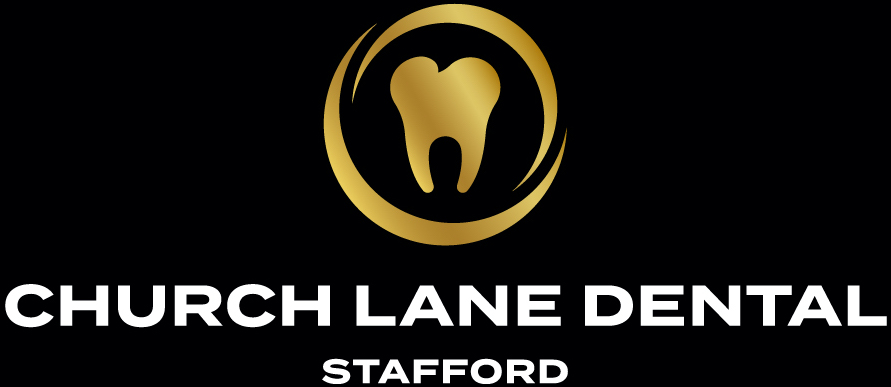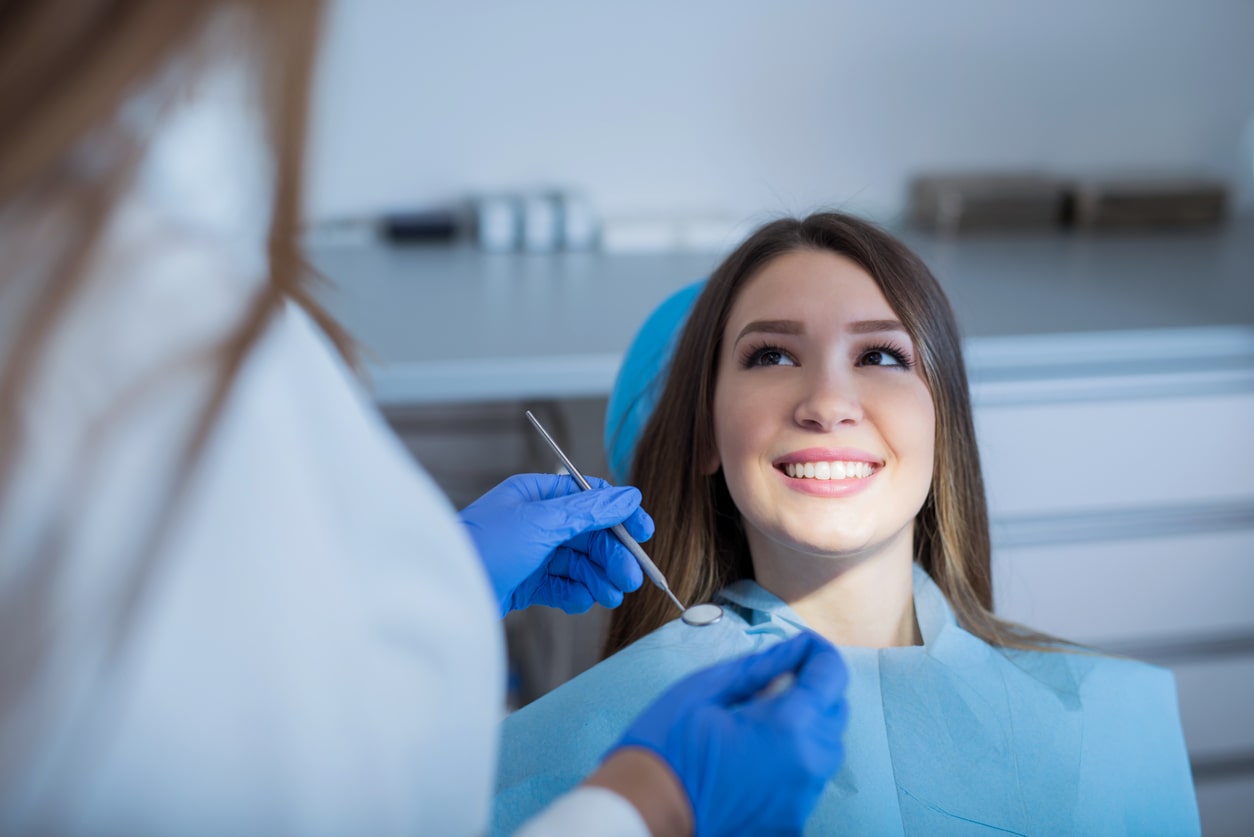01785 252514 (Answered 24/7)
info@cldps.co.uk
2 Excellent Dental Practices
- Who Are We?
- What Our Patients Say
- Awards
- Education
- Meet The Team
- Treatments
- Advanced Facial Aesthetics
- Children's and Family Dentistry
- Children’s Orthodontics
- Composite Bonding
- Cosmetic Smile Improvement
- Crowns
- Dental Bridges
- Dental Check-Ups
- Dental Hygienist
- Dental Implants
- Dentures in Stafford
- Wisdom Teeth Extraction
- Facial Aesthetics
- General Family Dentistry
- Gum Disease
- Invisalign
- Orthodontics and Braces
- Porcelain Veneers in Stafford
- Professional Teeth Whitening in Stafford
- Root Canal
- Tooth Extraction
- White Fillings
- Oral Cancer Screening in Stafford
- New Dental Patients
- Nervous Patients
- Emergency Dentist
- Pain Free Dentistry in Stafford
- Sedation Sleep Dentistry in Stafford
- Dentist Near Me
- Fees
- Finance
- Membership Plan
- MENU
- Home
-
Who Are We?
-
Treatments
-
- Advanced Facial Aesthetics
- Children's and Family Dentistry
- Children’s Orthodontics
- Composite Bonding
- Cosmetic Smile Improvement
- Crowns
- Dental Bridges
- Dental Check-Ups
- Dental Hygienist
- Dental Implants
- Dentures in Stafford
- Wisdom Teeth Extraction
- Facial Aesthetics
- General Family Dentistry
- Gum Disease
- Invisalign
- Orthodontics and Braces
- Porcelain Veneers in Stafford
- Professional Teeth Whitening in Stafford
- Root Canal
- Tooth Extraction
- White Fillings
- Oral Cancer Screening in Stafford
-
- Smile Gallery
-
Patients
-
Our Fees
- Emergency Dentist
- Referrals
- Blog
Open 7 Days a Week and 365 Days a Year with a 24/7 Dental Service- Best Priced Dental Care Guaranteed!
Same Day Emergency Dental Appointments
Emergency Helpline: 01785 252514 (Answered 24/7)
Master's Qualified Orthodontists and Stafford's Biggest Provider of Teeth Straightening
Evening and Weekend Appointments Available
Full Range of Dental Care Available
Staffordshire's Highest Rated Dental Practice
Stafford's Best Value Dentist- Check Ups and Emergency Appointments only £29!
Open 7 Days a Week and 365 Days a Year with a 24/7 Dental Service- Best Priced Dental Care Guaranteed!
- MENU
- Home
-
Who Are We?
-
Treatments
-
- Advanced Facial Aesthetics
- Children's and Family Dentistry
- Children’s Orthodontics
- Composite Bonding
- Cosmetic Smile Improvement
- Crowns
- Dental Bridges
- Dental Check-Ups
- Dental Hygienist
- Dental Implants
- Dentures in Stafford
- Wisdom Teeth Extraction
- Facial Aesthetics
- General Family Dentistry
- Gum Disease
- Invisalign
- Orthodontics and Braces
- Porcelain Veneers in Stafford
- Professional Teeth Whitening in Stafford
- Root Canal
- Tooth Extraction
- White Fillings
- Oral Cancer Screening in Stafford
-
- Smile Gallery
-
Patients
-
Our Fees
- Emergency Dentist
- Referrals
- Blog
- MENU
- Home
-
Who Are We?
-
Treatments
-
- Advanced Facial Aesthetics
- Children's and Family Dentistry
- Children’s Orthodontics
- Composite Bonding
- Cosmetic Smile Improvement
- Crowns
- Dental Bridges
- Dental Check-Ups
- Dental Hygienist
- Dental Implants
- Dentures in Stafford
- Wisdom Teeth Extraction
- Facial Aesthetics
- General Family Dentistry
- Gum Disease
- Invisalign
- Orthodontics and Braces
- Porcelain Veneers in Stafford
- Professional Teeth Whitening in Stafford
- Root Canal
- Tooth Extraction
- White Fillings
- Oral Cancer Screening in Stafford
-
- Smile Gallery
-
Patients
-
Our Fees
- Emergency Dentist
- Referrals
- Blog
Same Day Emergency Dental Appointments Available
Emergency Helpline: 01785 252514 (Answered 24/7)
Evening and Weekend Appointments Available
Full Range of Dental Care Provided
Master's Qualified Orthodontists and Stafford's Biggest Provider of Teeth Straightening
Staffordshire's Highest Rated Dental Practice
Stafford's Best Value Dentist- Check Ups and Emergency Appointments only £29!


